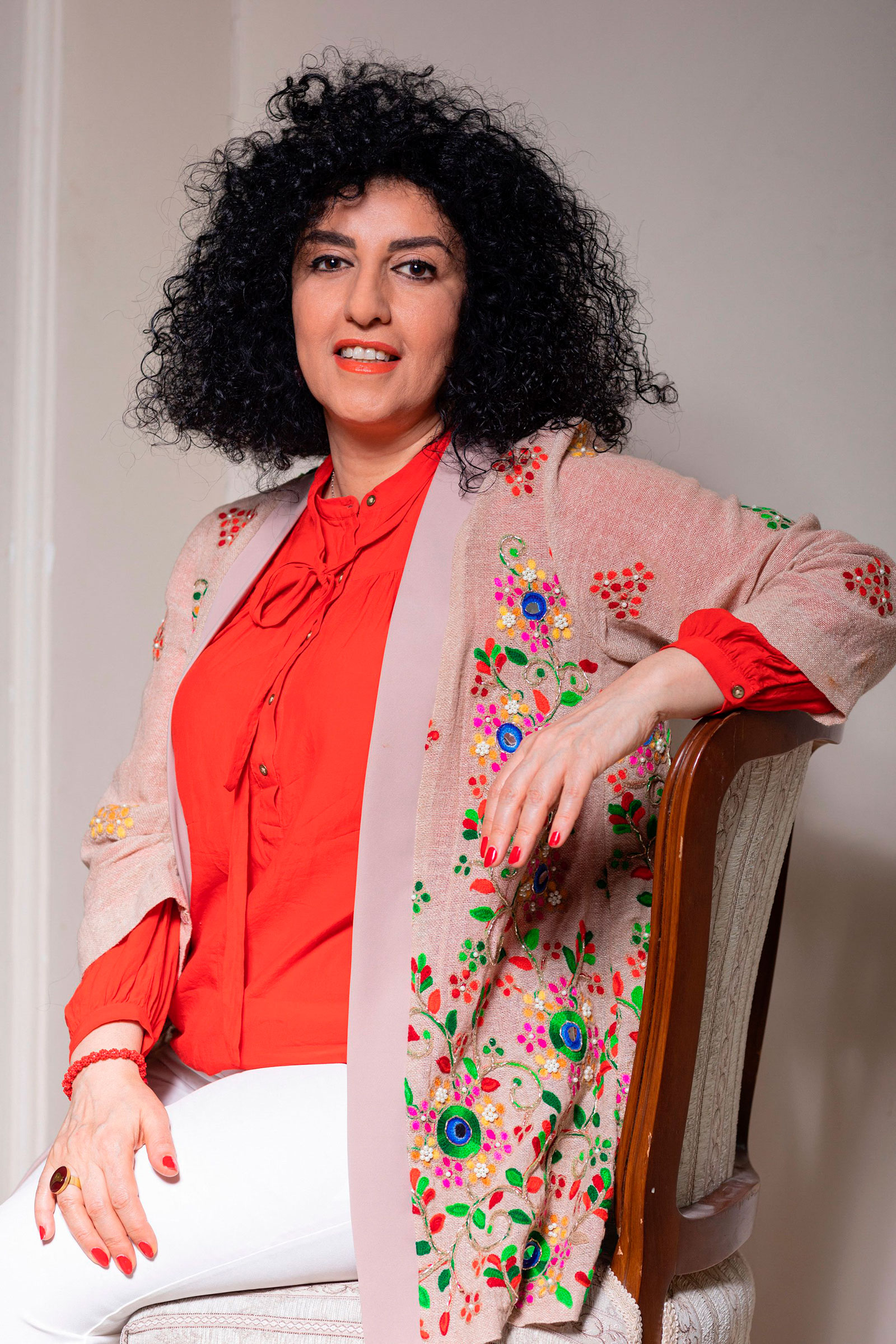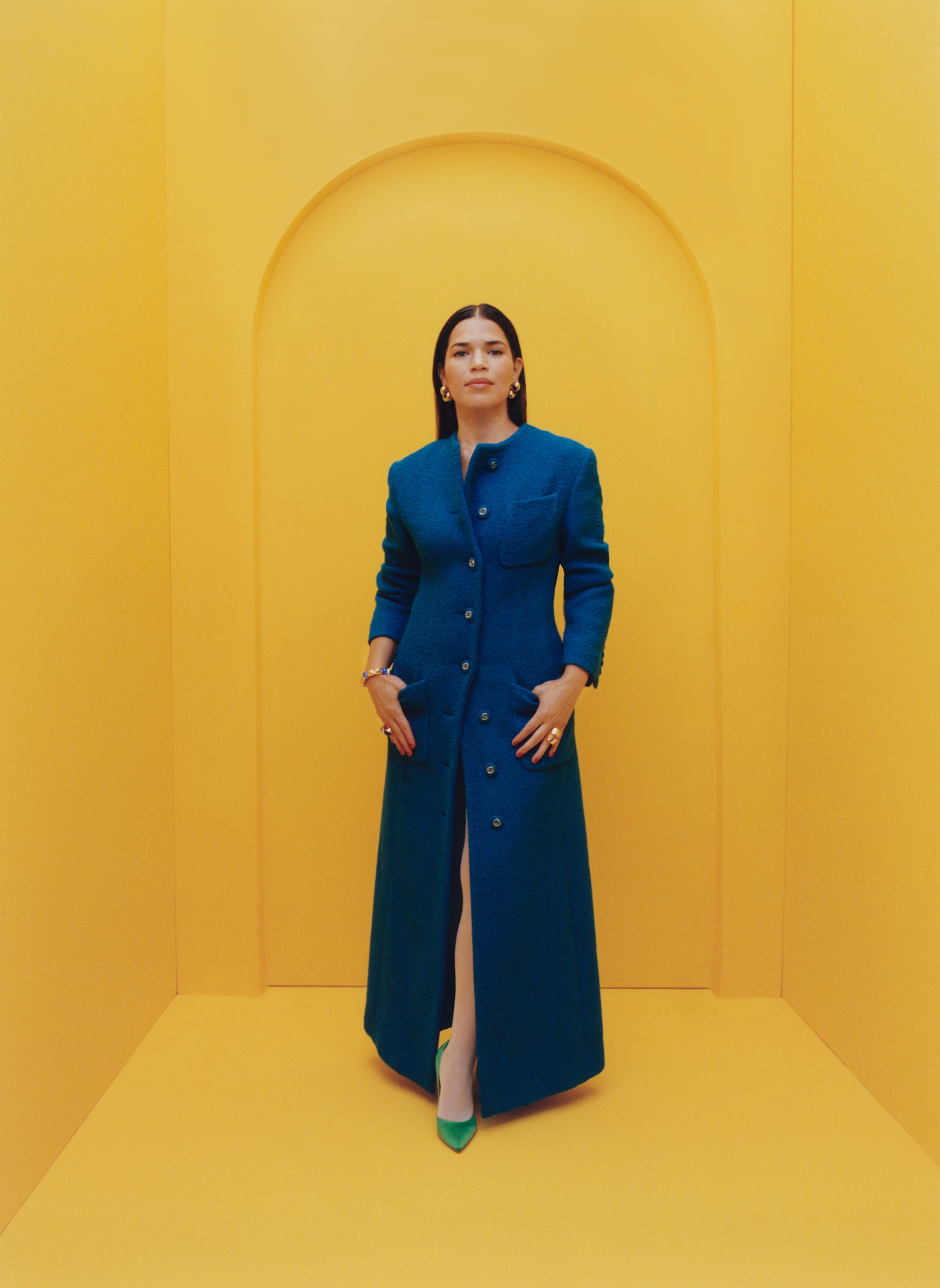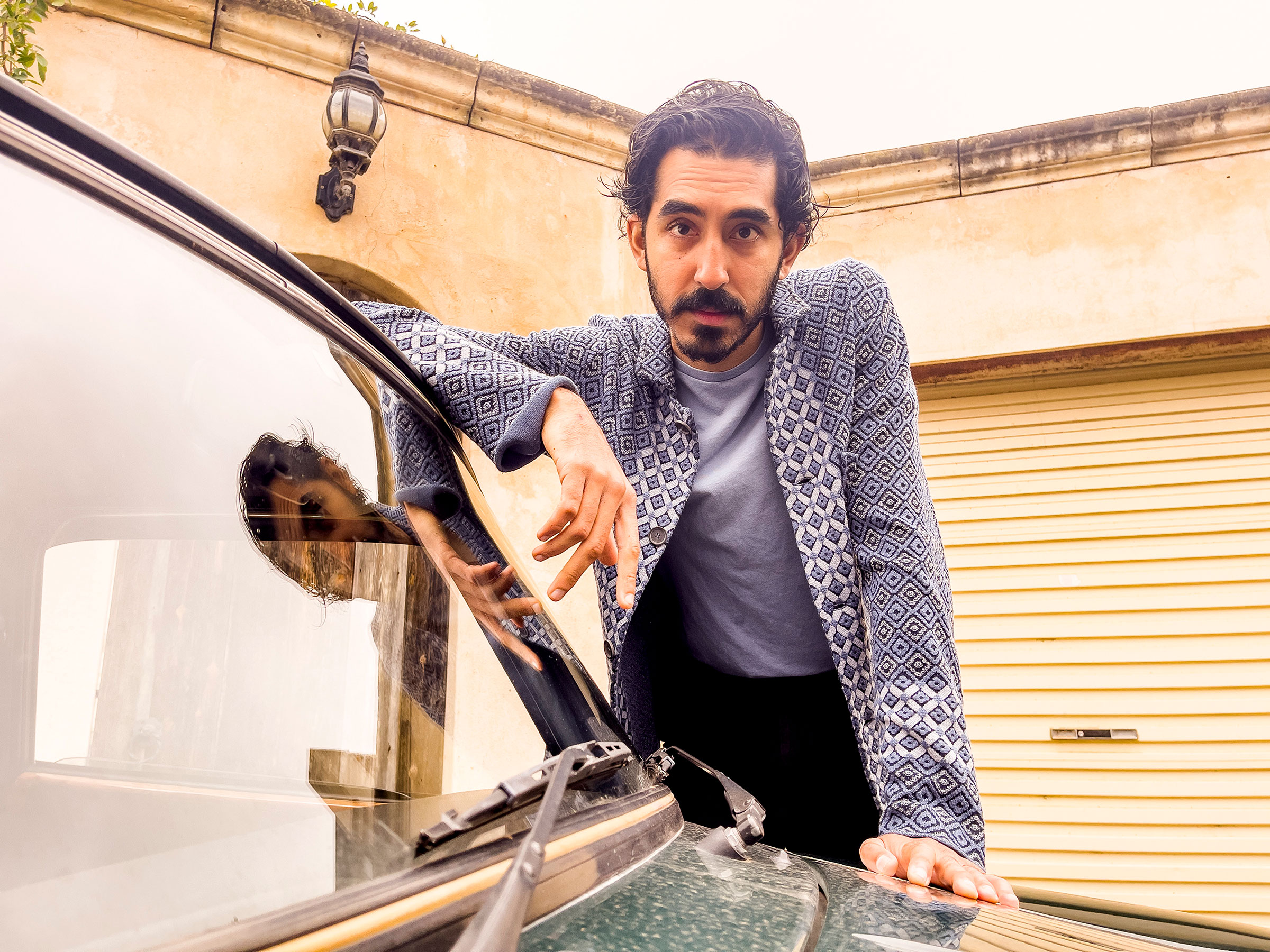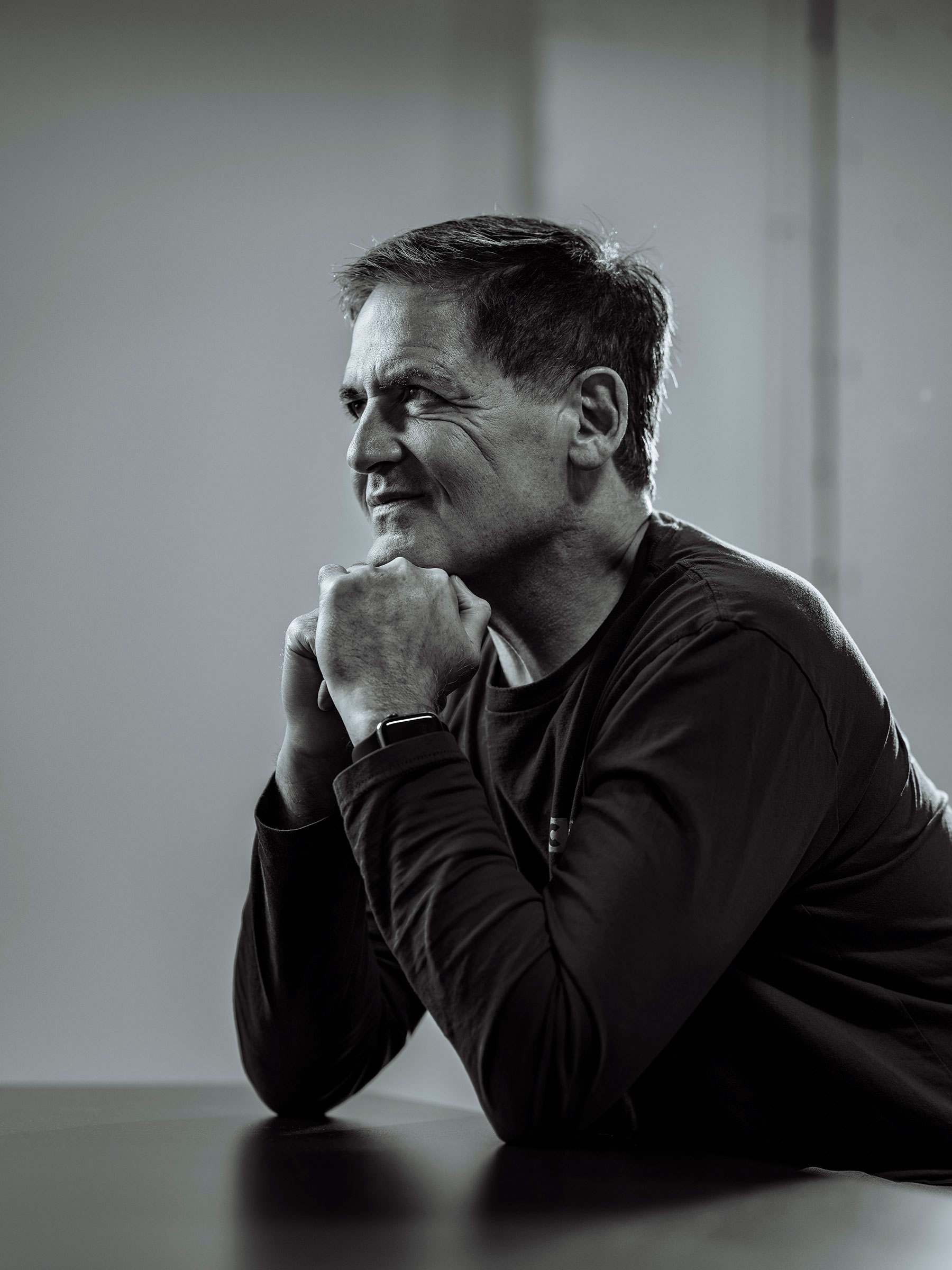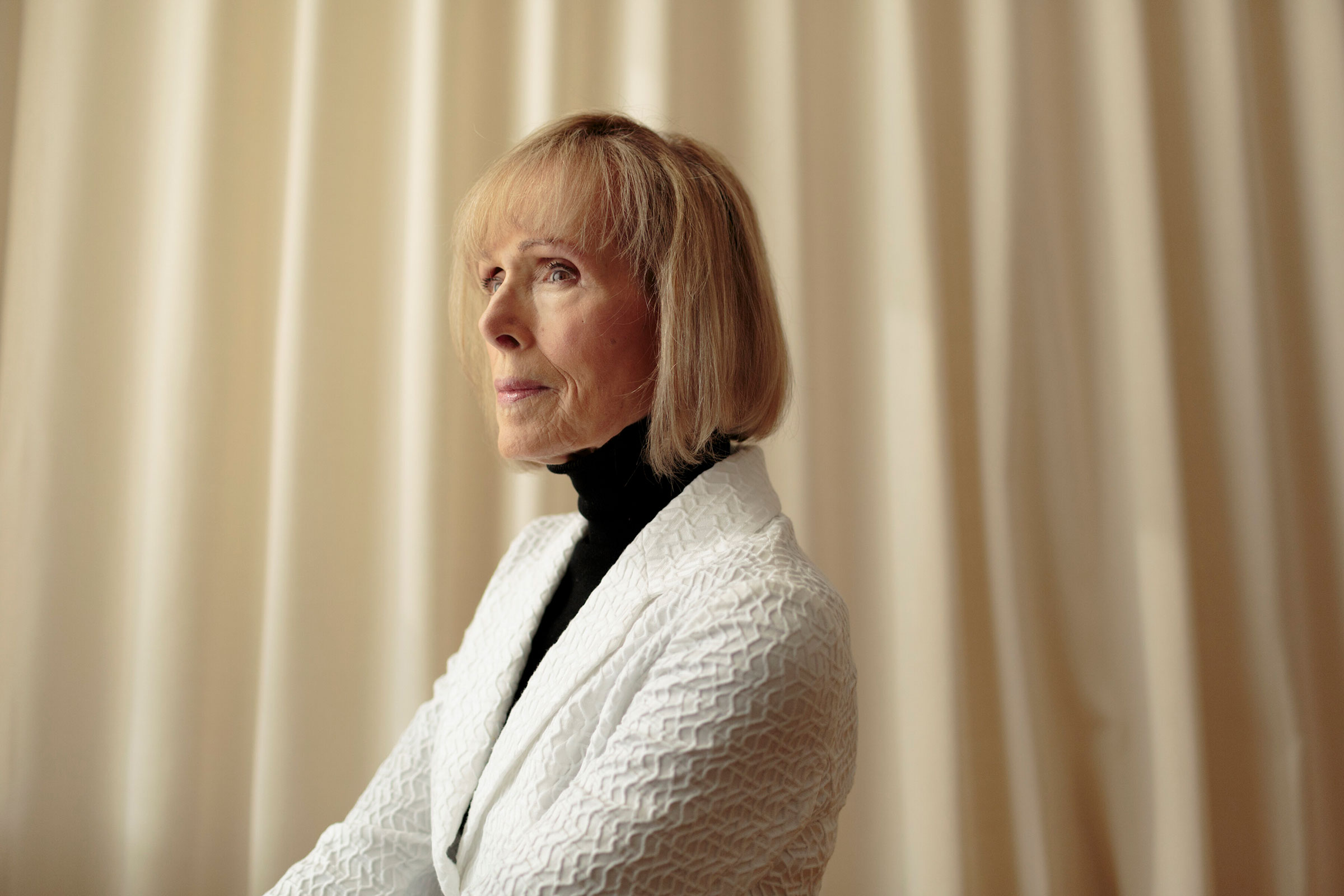I wish I had known as a young girl growing up in rural Iraq that women like Narges Mohammadi existed. The men in charge of my country, like so many leaders around the world, tried to convince women and girls that no one fought for us, that our lives were less important, that protests were useless, and that imprisonment—the punishment for any defiance—meant silence. Narges proves the opposite is true. Her life is devoted to fighting the oppression of women, and her voice is strong and loud, even behind bars. When, in December, she received the 2023 Nobel Peace Prize, her children accepted the award on her behalf. Narges had won it from prison.
For decades, Narges has helped Iranian women gather the courage to protest against injustice. Her influence cannot be stifled by jail, nor can it be confined to one country. She represents the fight for justice no matter the cost, and her bravery is the best argument against any leader, anywhere in the world, who would let a woman think that it’s better to stay quiet.
Murad is a human-rights activist and Nobel Peace Prize laureate
More Must-Reads from TIME
- Why Biden Dropped Out
- Ukraine’s Plan to Survive Trump
- The Rise of a New Kind of Parenting Guru
- The Chaos and Commotion of the RNC in Photos
- Why We All Have a Stake in Twisters’ Success
- 8 Eating Habits That Actually Improve Your Sleep
- Welcome to the Noah Lyles Olympics
- Get Our Paris Olympics Newsletter in Your Inbox
Contact us at letters@time.com
